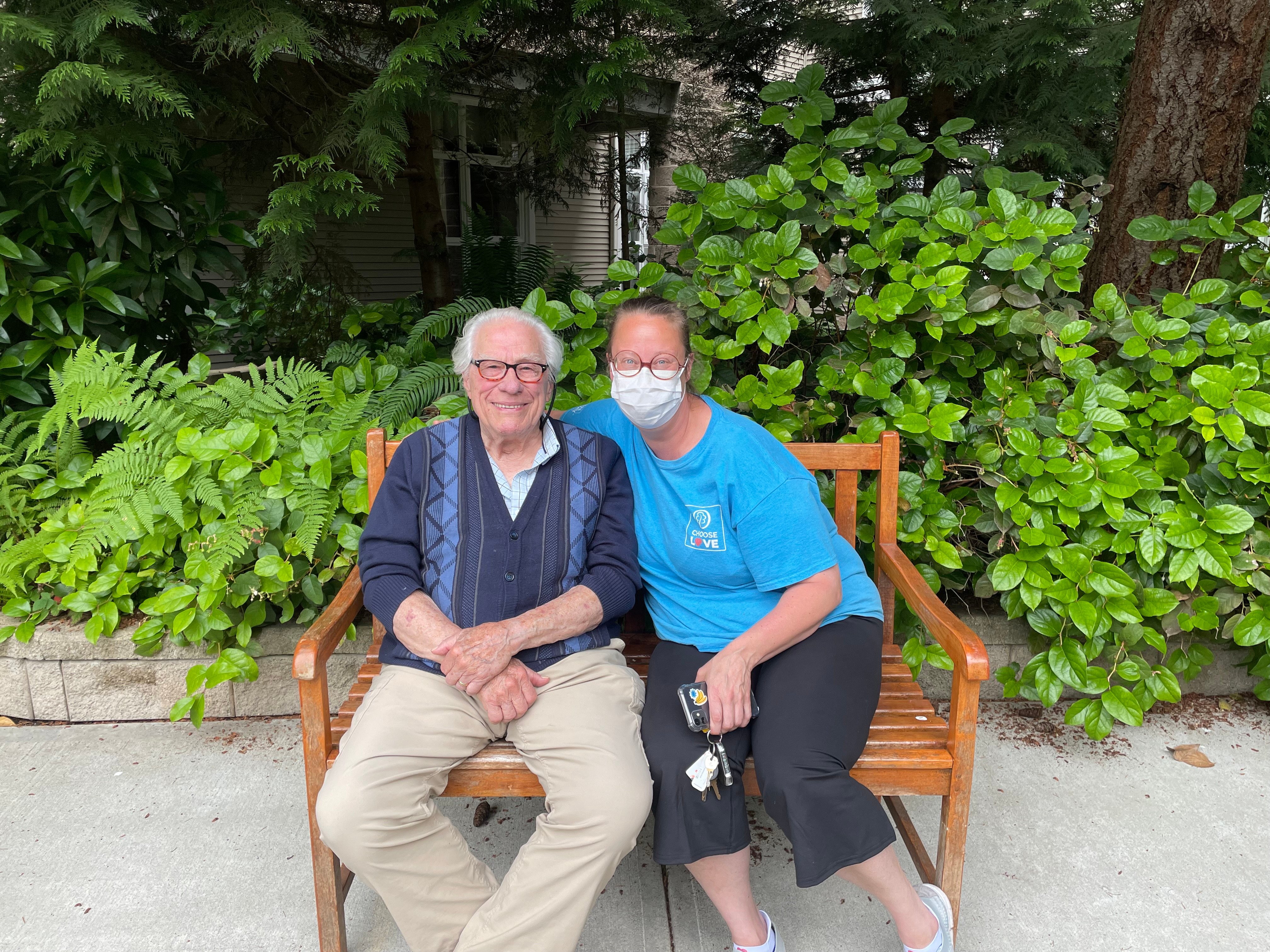For many seniors, having a Companion could be the key to living a happy, healthy life. Here are five reasons why an Origin at Home Senior Companion can be so important:
1. Reduces Social Isolation
Social isolation is a serious issue among seniors, particularly for those who live alone or have mobility issues. When seniors are isolated from friends and family, they are at increased risk for depression, anxiety, and other mental health issues. In fact, research shows that social isolation can be as detrimental to one's health as smoking or obesity.
An Origin Companion can provide much-needed social interactions for seniors. It can help them feel less lonely and more connected to the world around them. According to a study published in the Journal of Gerontology, seniors who have regular social interaction are less likely to experience cognitive decline and have a lower risk of developing depression. Learn more about Origin Companions here.
To learn more about understanding and combating social isolation click here.
2. Improves Mental Health
Companionship has been shown to have a positive impact on mental health for seniors. In addition to reducing feelings of isolation, having a companion can boost mood, increase self-esteem, and provide a sense of purpose and belonging. A study published in the Journal of Aging and Health found that seniors who had regular social interaction had higher levels of life satisfaction, happiness, and well-being than those who were socially isolated.
3. Enhances Cognitive Functioning
Engaging in meaningful conversations, games, and activities with a companion stimulates the brain and improve cognitive functioning. This is particularly important for seniors who may be at risk for cognitive decline or dementia. According to the Alzheimer's Association, engaging in social activities can help improve memory and cognitive function. Origin at Home Companion’s help seniors take part in these activities and many more. See more about Origin at Home Companion services here.
4. Increases Safety
Seniors who live alone may be at increased risk for falls, accidents, and other emergencies. Origin at Home Companions can provide an extra layer of safety by ensuring home safely, and alerting emergency services in case of a fall or other emergencies.
In addition, having a Companion can help seniors feel more secure and confident, which can in turn reduce the risk of accidents and falls. According to a study published in the Journal of Gerontological Nursing, companionship can help seniors feel more in control of their environment, which can lead to increased confidence and a reduced risk of accidents.
5. Provides Companionship and Friendship
Perhaps the most obvious benefit of an Origin Companion is the companionship and friendship it provides. A Companion can help seniors feel valued and cared for, and can lead to lifelong friendships. This can be particularly important for seniors who may have lost friends or family member. Companionship can also provide a sense of belonging, which can help seniors feel more connected to their communities and the world around them. While making friends and creating a social life can be hard at any age, it can be even more difficult as we grow older. Having a companion to help navigate this part of your life can be a great stepping stone to increasing your overall sense of wellbeing.
In conclusion, senior companionship can be a crucial element in maintaining the health and well-being of seniors. From reducing social isolation to improving mental health, enhancing cognitive functioning, increasing safety, and providing companionship and friendship, the benefits of Origin at Home Companions are clear. If you or a loved one are looking for ways to improve your quality of life, consider reading more about our Origin at Home Companions here.
Sources: Holt-Lunstad, J., Smith, T. B., Baker, M., Harris, T., & Stephenson, D. (2015). Loneliness and social isolation as risk factors for mortality: A meta-analytic review.


